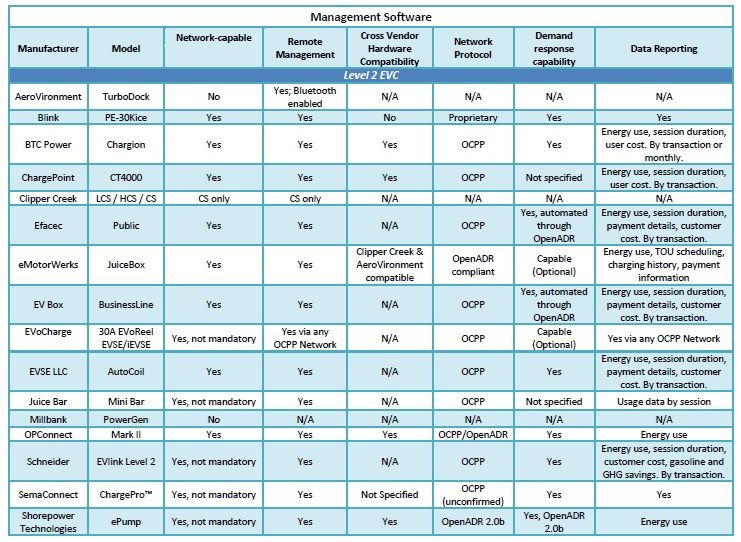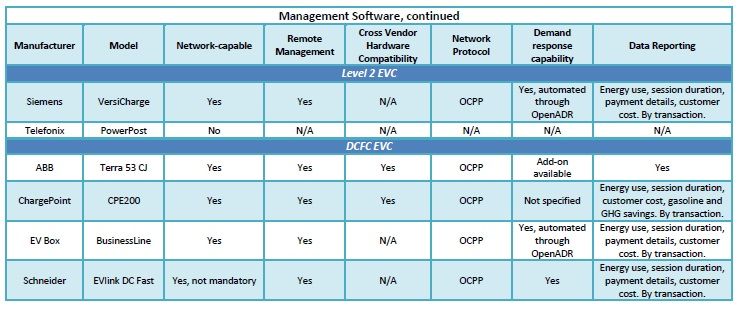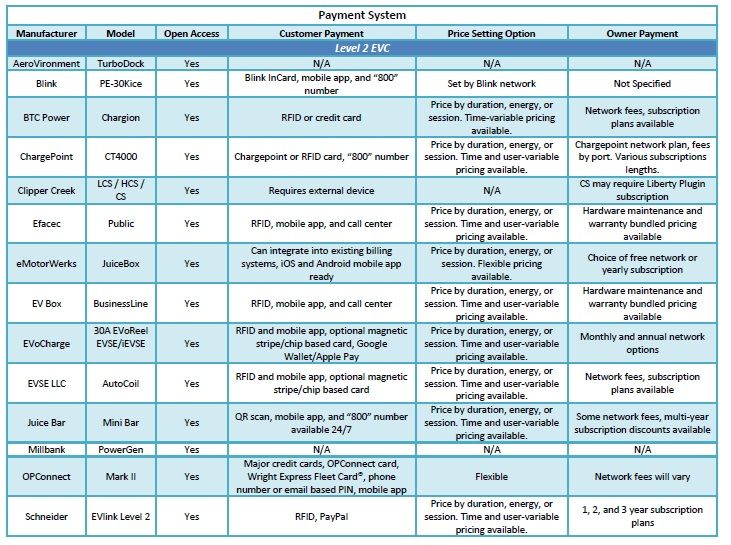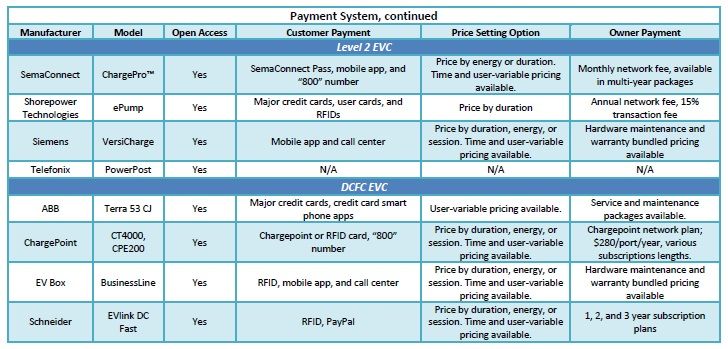The City of Pasadena has a program running now where MDUs can get up to a $3,000 rebate per EV charger installed. This is up to a maximum of $50,000 per building. I started looking into the details and had the city utility come out to assess the possibility of adding another building meter to power the EVSE. We were thinking of installing maybe 4-6 total. The city doesn't want to install a new meter, and suggested that we simply power the new chargers off an existing meter. He indicated that this would probably be an interim solution, and that if we ever wanted to expand beyond that that we would need a new transformer and main panel.
This is where it got really interesting. He said that probably the best way to go about this, given the possible $50,000 rebate available, would be to bite the bullet now and replace the transformer (1 of 4 in the building) in order to support the possible 16 new chargers. This would also involve replacing one of two (the smaller one) electrical panels, which is only about 15 feet from the transformer.
The cost to upgrade the transformer was estimated to be $10,000 to $15,000, since we get a credit for our current transformer. That would then cover everything upstream of the new panel. We would have to replace the panel on our dime, and hire someone to then install the required conduit and chargers.
To qualify for the $3,000 rebate per charger, they need to have a Wi-Fi connection. The city has a resource pamphlet thats about 1-2 years old showing some very good info concerning both management software and payment software (see below). There is an option to install "dumb" chargers, but the rebate for those is only $1,500 and the smart aspect would hopefully future proof the system for the medium term. We have Wi-Fi access in the garage so that isn't a problem.
The advice/help I need is in figuring out how to find a company to install the hardware, and then get the maintenance and billing set up. When I started looking at the list of suppliers below, I found that it is difficult to get pricing information in some cases. The Schneider EVLink level 2 Smart wall panel pricing required I e-mail them with contact info and they would get back to me. The ChargePoint CT4000 is stated to cost $1,055. And then there is in most cases an ongoing cost for maintenance and billing.
Don't some of these companies offer a "turnkey" solution where they handle the complete install and then you just pay an ongoing fee for the maintenance and billing? For example, the Schneider shows they have a 1,2 and 3 year subscription plan.
The goal would be the following:
1. Find someone or some company to install the panel, conduit and chargers.
2. Contract with someone or some company for maintenance and billing, the less cost here the better
3. The power cost is automatically billed to our building meter, so the HOA pays
4. We (the HOA) can set charging prices through the billing system to help cover power, maintenance, etc.
5. The money charged to the users would then automatically be deposited to the HOA on a periodic basis
If anyone has been down this path already or has a good idea of the best way to proceed, any advice would be greatly appreciated. If you happen to be a contractor who does this and are looking for a big job, even better
I have the company that installed my single unit Bosch charger in the same garage coming out and will discuss this with them to see what they think.
Once we have a handle on the costs associated with doing this, we can apply to reserve the rebate funds, which would be guaranteed once we complete the installation. We also want to know the costs going forward, and what % of those we could reasonable expect to recoup when people start charging. Once we have all this, then the HOA can move to start the ball rolling.




This is where it got really interesting. He said that probably the best way to go about this, given the possible $50,000 rebate available, would be to bite the bullet now and replace the transformer (1 of 4 in the building) in order to support the possible 16 new chargers. This would also involve replacing one of two (the smaller one) electrical panels, which is only about 15 feet from the transformer.
The cost to upgrade the transformer was estimated to be $10,000 to $15,000, since we get a credit for our current transformer. That would then cover everything upstream of the new panel. We would have to replace the panel on our dime, and hire someone to then install the required conduit and chargers.
To qualify for the $3,000 rebate per charger, they need to have a Wi-Fi connection. The city has a resource pamphlet thats about 1-2 years old showing some very good info concerning both management software and payment software (see below). There is an option to install "dumb" chargers, but the rebate for those is only $1,500 and the smart aspect would hopefully future proof the system for the medium term. We have Wi-Fi access in the garage so that isn't a problem.
The advice/help I need is in figuring out how to find a company to install the hardware, and then get the maintenance and billing set up. When I started looking at the list of suppliers below, I found that it is difficult to get pricing information in some cases. The Schneider EVLink level 2 Smart wall panel pricing required I e-mail them with contact info and they would get back to me. The ChargePoint CT4000 is stated to cost $1,055. And then there is in most cases an ongoing cost for maintenance and billing.
Don't some of these companies offer a "turnkey" solution where they handle the complete install and then you just pay an ongoing fee for the maintenance and billing? For example, the Schneider shows they have a 1,2 and 3 year subscription plan.
The goal would be the following:
1. Find someone or some company to install the panel, conduit and chargers.
2. Contract with someone or some company for maintenance and billing, the less cost here the better
3. The power cost is automatically billed to our building meter, so the HOA pays
4. We (the HOA) can set charging prices through the billing system to help cover power, maintenance, etc.
5. The money charged to the users would then automatically be deposited to the HOA on a periodic basis
If anyone has been down this path already or has a good idea of the best way to proceed, any advice would be greatly appreciated. If you happen to be a contractor who does this and are looking for a big job, even better
I have the company that installed my single unit Bosch charger in the same garage coming out and will discuss this with them to see what they think.
Once we have a handle on the costs associated with doing this, we can apply to reserve the rebate funds, which would be guaranteed once we complete the installation. We also want to know the costs going forward, and what % of those we could reasonable expect to recoup when people start charging. Once we have all this, then the HOA can move to start the ball rolling.




Last edited:


